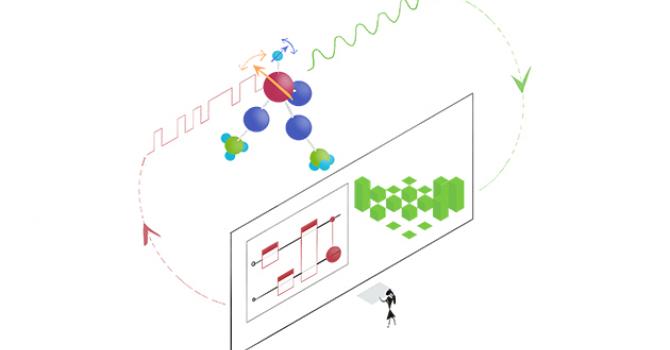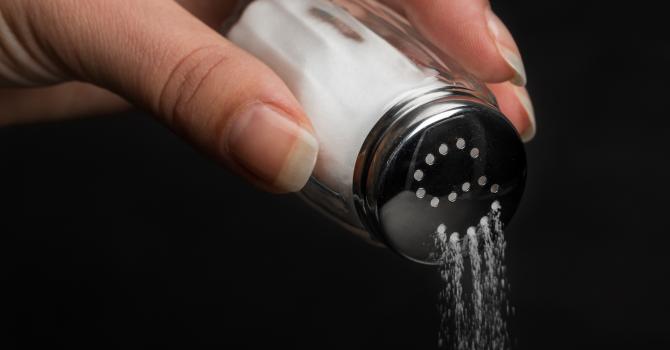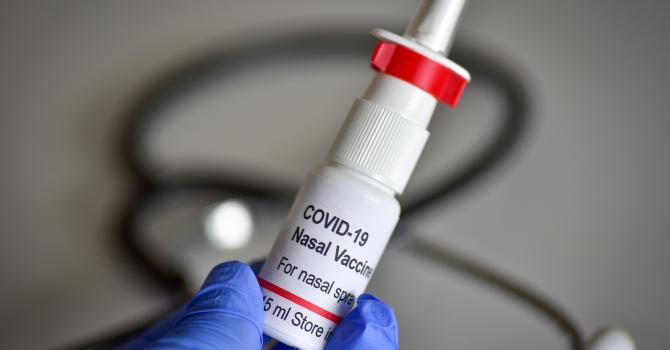Where are the old sneakers you wore in elementary school?
Dr. Dennis Chan, Department of Chemistry, discusses different ways to treat waste so that your old plastic sneakers won't exist in our world 200 years later.
By Dr. Dennis Chan, the Assistant Project Manager, Department of Chemistry, HKUST
The 51st Hong Kong Joint School Science Exhibition (JSSE) was opened on August 22, 2018. The Secretary for Education (Hong Kong SAR Government) was the guest-of-honor, and I was honored to be one of the officiating guests at the opening ceremony. Therefore, I was lucky enough to be among the first batch of people to visit the exhibition.
There were many high school teams participating this year, with only 21 teams being able to stand out enough to enter the finals. One of the teams developed a method to extract useful chemicals from solid waste, and through experiments, successfully proved that some kitchen waste (such as apple peel) can be fermented to produce organic fuel, which in turn can be converted to electrical energy and can be used in daily life. Although their designs were primitive, they were conceptually feasible and deserved encouragement as it really showed the achievement of STEM education.
Nowadays, there are many different waste treatment methods in the world. However, from a chemical point of view, not all treatment methods can completely solve the problems of solid waste. Taking the landfill method as an example, after the solid waste enters the landfill site for several years, landfill gas (i.e. a mixture of CH4 and CO2) will be released. These gases will become the source of air pollution to nearby residents. The remaining solid waste will stay in the landfill site forever and the majority will not decompose. If the concepts of these high school students are applied, these degradable wastes can be used in new methods to produce fuel in daily life, which truly turns waste into energy.
Furthermore, certain types of plastic solid waste, due to their high chemical stability, can hardly decompose (it takes several hundred years for them to decompose), and they are left in the landfill site for four or five hundred years. Just imagine the impact on the global environment this would have. In fact, if bacterial fermentation or chemical degradation are adopted to convert plastics into organic fuel, waste disposal problem can be alleviated, and secondly, fuels with economic value for driving machines and automobiles can be generated in the process. In terms of enabling the carbon atoms contained in the plastics to return to the carbon cycle, maybe it is a more effective method of plastic waste disposal. Nowadays, many chemists and biologists are looking for new ways to convert these plastic wastes into useful substances (such as fuel) and recover the carbon atoms in the plastic to the right track. This shows that it is really an urgent research direction.
Another research direction is to focus on the manufacturing of plastics. Chemists can, based on the molecular structure of the plastics, re-design new molecular structures that are subject to decomposition by simple chemical or biological methods. For example, biodegradable plastics or chemically degradable plastics can be manufactured to replace those plastic types currently being used.
In addition, many developed countries use incineration methods to extract the carbon atoms in the plastics back to the carbon cycle.
In chemistry classes, I said to my students: "You are now 20 years-old. Maybe 10 years later, you will have the chance to become a public figure. Try to think again, about the old sneakers you wore in elementary school (almost the whole shoes were made of plastics) were thrown away when you grew up, and were sent to the landfill site. After 200 years, they may be still in the landfill site. Maybe one day, on the street your great-great-grandson might accidentally kick the old sneakers which you wore in elementary school."
In the end, which methods should modern people use to deal with solid waste?






